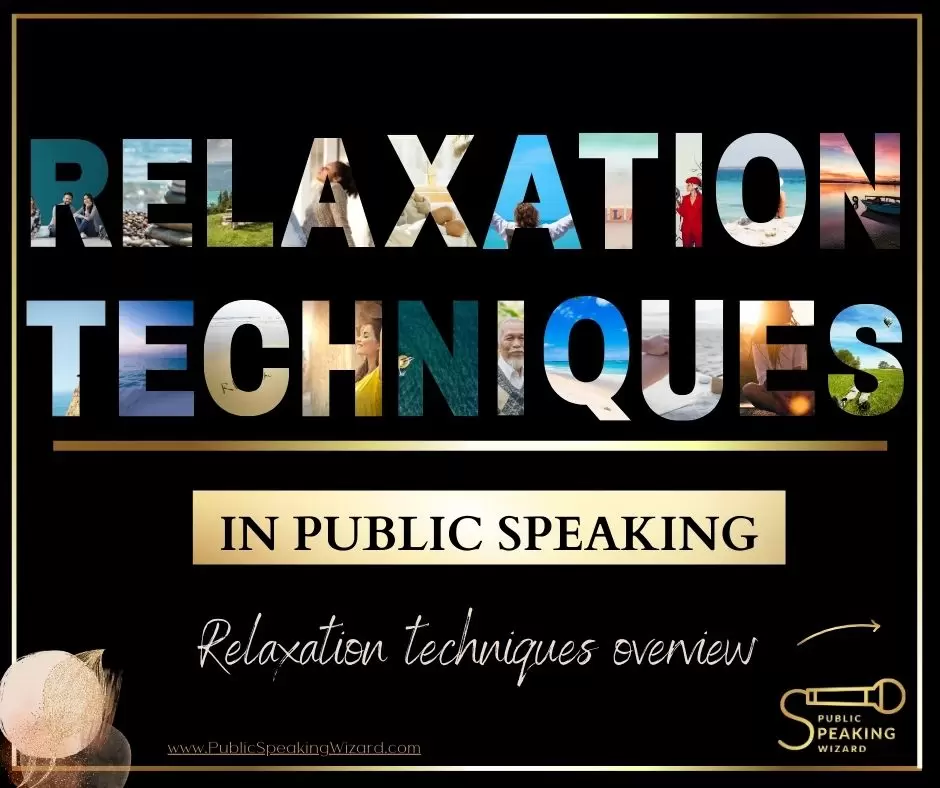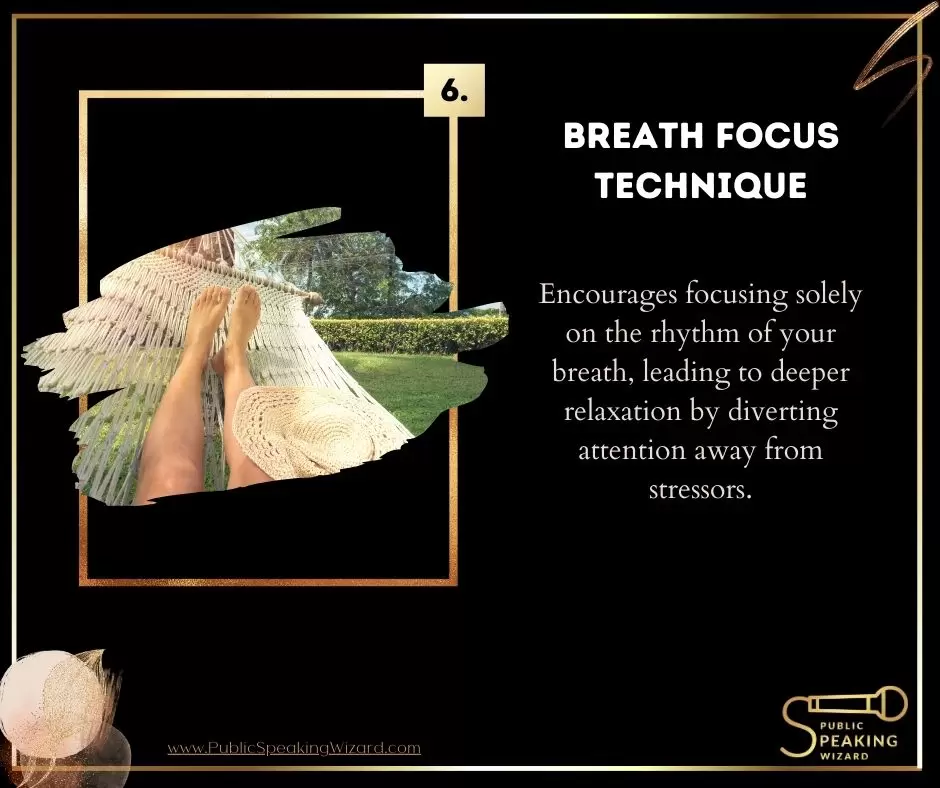You are not alone.
According to the National Institute of Mental Health, approximately 74% of people suffer from speech anxiety to some extent. This fear of public speaking can significantly impact our personal and professional lives. It can cause avoidance behaviors like declining speaking engagements, not accepting promotions, or skipping presentations.
It’s estimated that around 15 million people deal with glossophobia daily, with a noted increase in the number of individuals identifying with this fear over the years, from 20 million in 2016 to 40 million in 2020. It’s a lot, and as you can see, it’s a very common issue.
Dealing with stress is a complex topic that often requires working on it from different perspectives. The good news is that there are some tools available to help you learn to manage stress. One of them is relaxation techniques:
1. Schultz’s Autogenic Training
It’s a relaxation technique that involves self-suggestion to induce a state of relaxation and reduce stress, focusing on bodily sensations to achieve a calm mind.
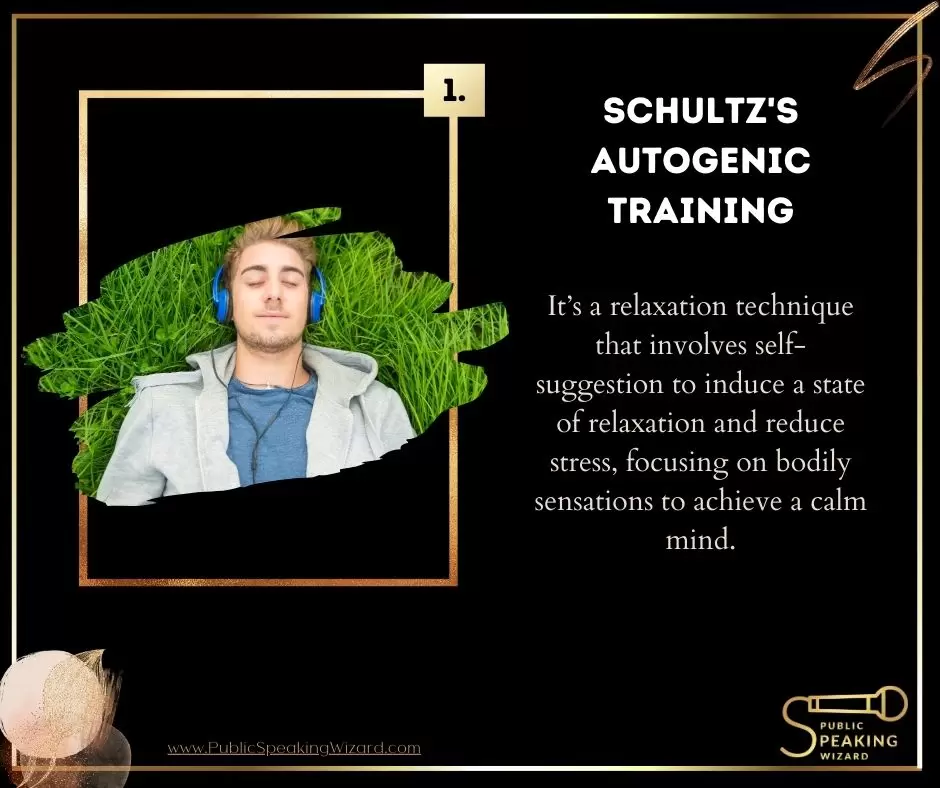
2. Tension & Trauma Releasing Exercises
TRE are a series of exercises designed to release stress and tension from the body by inducing a self-controlled muscular shaking process, which naturally calms the nervous system.
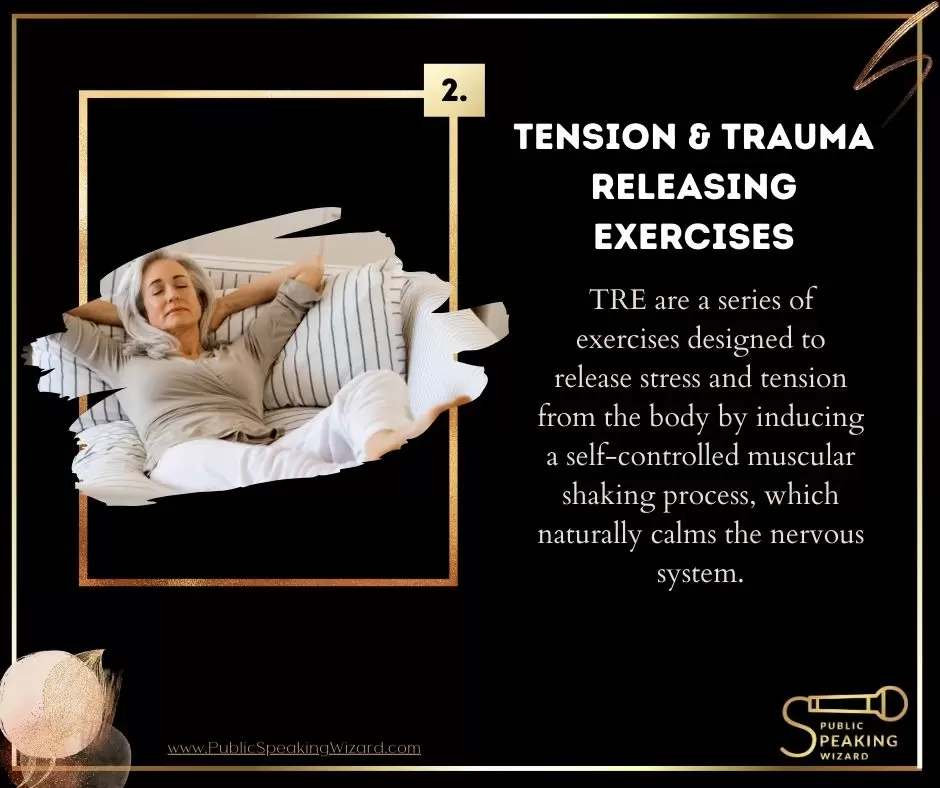
3. Progressive Muscle Relaxation
Focuses on tensing and then relaxing each muscle group, enhancing awareness of physical sensations and promoting relaxation.
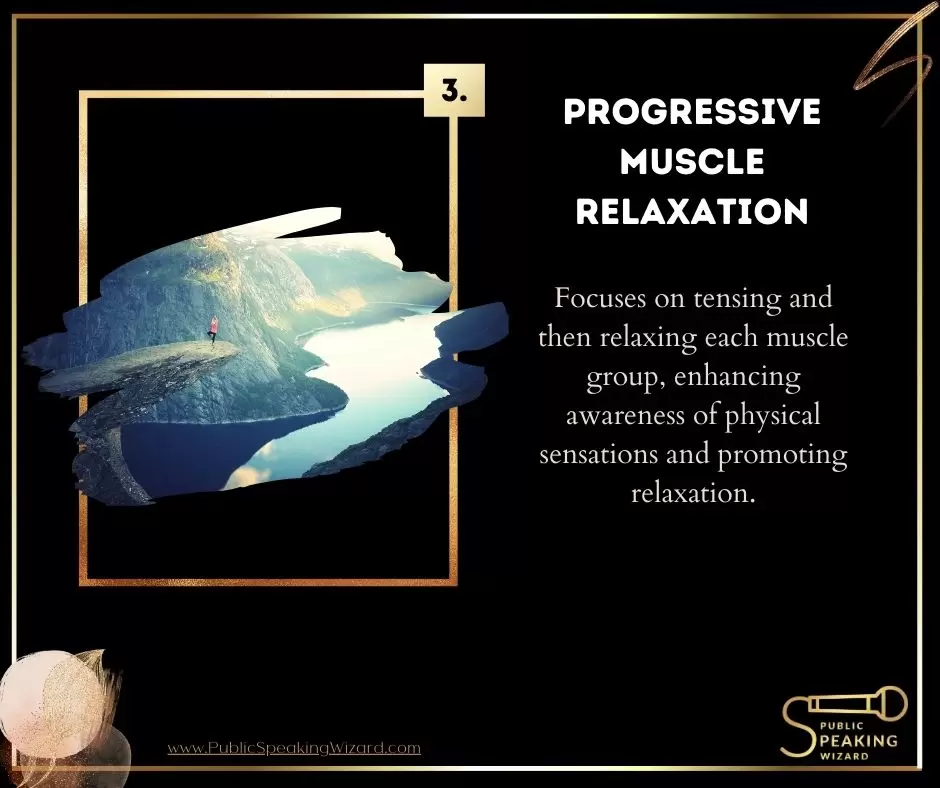
4. Mindfulness Meditation
Involves paying attention to the present moment, observing thoughts and sensations without judgment to reduce stress.

5. Alexander Technique
Focuses on improving posture and movement to reduce physical tension and enhance ease of movement.
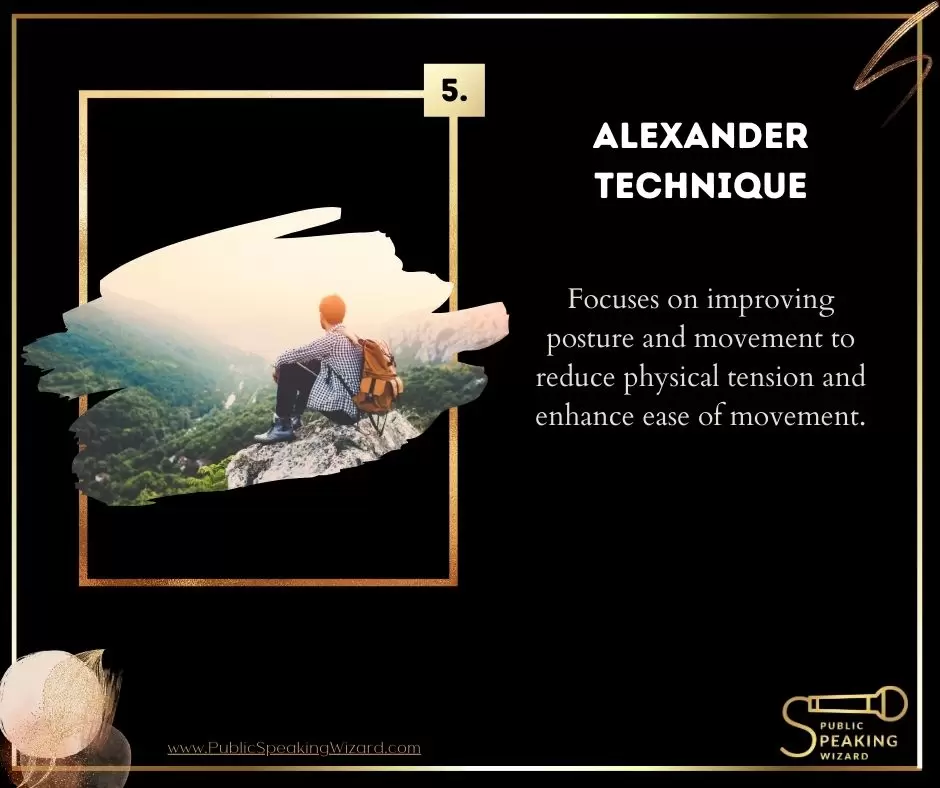
6. Breath Focus Technique
Encourages focusing solely on the rhythm of your breath, leading to deeper relaxation by diverting attention away from stressors.
Conclusion
Whether you want to improve your public speaking skills, manage stress, or overcome imposter syndrome, incorporating these relaxation techniques can be a game-changer.
Did you try any of those?
Source:
National Institute of Mental Health. Specific Phobia.


